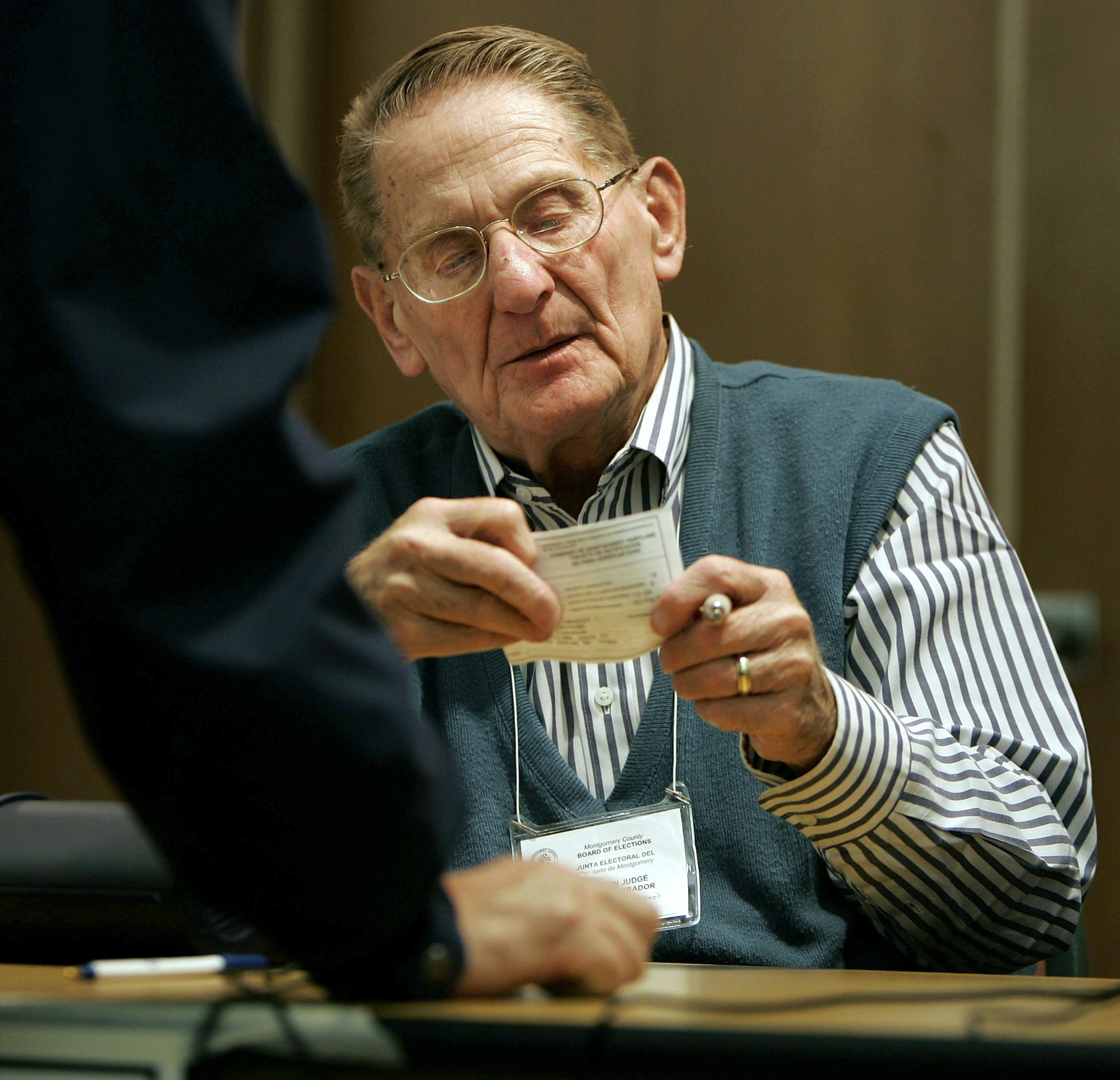Although we’re nearly two months away from Texas’s Eighty-fifth Legislative session, it had a soft opening on Monday when eager legislators could pre-file bills with the hopes eventually making them laws in 2017. To celebrate, Lieutenant Governor Dan Patrick published his personal list of top ten legislative priorities. Although some of Patrick’s priorities are certainly in need of immediate attention, others are nothing more than solutions seeking problems.
When looking over Patrick’s list, we saw a pretty clear way to divide it into two categories. So, in order to help support the lieutenant governor—because he’s the only one we’ve got—we’ve taken our own stab at how sorting the priorities. Hopefully this will help Patrick scrap some of the frivolous policies from his legislative wish list and focus on more pressing concerns, like improving Texas Child Protective Services.
Pressing Concerns
Inappropriate Teacher-Student Relationships
Patrick: “Pass the Trash” – With the rapid increase in the number of inappropriate teacher-student relationships, legislation is needed to strengthen the reporting and training requirements, and establish appropriate penalties. Priority must be given to protecting our students at every level of the school system.
Over the past eight years, there’s been an alarming increase in the number of teachers engaging in abusive and inappropriate relationships with students. Several investigations, including one by WFAA, revealed that a major cause of the problem was inconsistent methods of reporting and tracking teachers with a history of misconduct. This allows teachers with tainted records in one state to cross state lines and begin over with a clean slate. This problem of “passing the trash” is a nationwide issue that requires fixes from education departments across the country, not just Texas.
Property Tax Reform
Patrick: Texans pay the sixth highest property taxes in the nation and the high rates are taxing people out of their homes and hampering business growth. This must change.
As property values have increased across the state, so have property tax bills. Homeowners, burdened by the increased bills, have begun asking for tax rates to be reduced, even prompting Patrick to create a new Senate committee to search for solutions. Counties across the state have been exploring options to reduce property tax rates, but Patrick hopes to find a more statewide solution.
2017 Budget Proposal
Patrick: The FY 18-19 Budget Estimate is not yet available, but we will pass a balanced budget that will strengthen the Texas economy and assure that it retains its global competitiveness.
We don’t know how the budget looks yet, so we can be a little hopeful on this. While Patrick, Governor Greg Abbott, and House Speaker Joe Straus are encouraging a 4 percent cut on the budget, they’re making exceptions for some important services such as public schools and Child Protective Services.
Spending Cap
Patrick: We will continue to fight to strengthen the state spending limit so our government lives within its means.
This sounds nice on the surface, but issues of the spending cap are more complicated than they seem. It seems that Patrick will be picking up where he left off last legislative session in supporting changes in the state spending cap that would base it on a combination of population growth and inflation, rather than the estimated rate of growth of the state’s economy. The House and Senate couldn’t agree on this last session, with critics of the change worried about further complicating matters for future legislatures.
We’ve Seen This Before…
Hailstorm Lawsuit Reform
Patrick: We will rein in the hailstorm lawsuit abuse that is damaging local economies around our state.
Texas has seen a surge of hailstorm lawsuits, particularly following large storms in Hidalgo County. The lawsuits, alleging that insurance companies lowballed homeowners in payments, resulted in insurance companies increasing premiums for homeowners and sometimes even leaving the area and causing homeowners to lose coverage altogether. SB 1628, introduced by Senator Larry Taylor of Friendswood during the 2015 session, claims to protect homeowners from the trial lawyers encouraging the lawsuits by making it more difficult for homeowners to pursue those lawsuits. Whether this will actually help the homeowners or just the insurance companies backing the bill remains to be seen.
Sanctuary Cities
Patrick: No city in Texas should be allowed to ignore the law. We will end this practice once and for all this session.
Simply put, no city in Texas ignores the law in regards to sanctuary cities, mainly because no such law exists yet. But also because Texas police departments largely honor detainer requests from Immigrations and Customs Enforcement. Even though Dallas County Sheriff Lupe Valdez drew criticism from Abbott earlier this year for changing her policy on detainers, the change only stated that she would consider detainment requests on a case-by-case basis for minor offenses. That’s not the same thing as completely not honoring detainment requests, which is what actual sanctuary cities do.
School Choice
Patrick: There is broad support for legislation to ensure that every parent has the option to send their child to the school they believe is best for them.
“School choice,” as Patrick describes it, would be a program of government vouchers that would allow parents to send their children to private schools of their choice. Basically, Patrick’s solution to the problem of underfunded public schools in Texas is to use public money to fund private entities instead of, oh, you know, actually appropriately funding public schools.

Photo Voter ID
Patrick: Nothing is more critical to our democracy than the integrity of the voting process. Photo Voter ID is essential.
We endured an election in which the Republican candidate repeatedly claimed that the election was rigged, only to fall silent when he won. Donald Trump’s claims, while stirring up his supporters, also challenged us to take a closer look at election rigging and learn something election law experts have long known: very little voter ID fraud actually happens. There might be some concerns when it comes to mail-in ballots, but to keep focusing on voter ID laws—especially after a court just ruled that Texas’s voter ID law discriminated against minorities—is to miss a chance to actually improve voting access.
Women’s Privacy Act
Patrick: A majority of Texans in both political parties and in every ethnic and demographic group believe that women and girls should have privacy and safety in their restrooms, showers and locker rooms. Unfortunately, legislation is necessary to assure that they do.
Although Patrick has defended this by stating “it’s not about the transgender issue, it’s not about discrimination, it’s about protecting women,” it doesn’t change the fact that this has everything to do with transgender people. There are no reported cases of someone posing as a transgender person to sneak into a public bathroom to attack women (Patrick’s apparently not worried about men), and public bathrooms are dangerous for transgender people already. So in the name of protecting cisgender women from a specter, Patrick’s willing to further endanger transgender women. It’s worth noting that Patrick mentions Trump—who defended jokes about sexually assaulting women as “locker room talk”—as a “friend” in the White House at the introduction of this priority list.
Fetal Tissue/Partial Birth Abortion
Patrick: We will continue to fight to protect the dignity and sanctity of life by increasing criminal penalties for buying or selling human fetal tissue, among other protections, and we will ban partial birth abortion in Texas.
Women’s health—including contraception and abortion—is already a fraught issue in Texas, and things haven’t improved as the recent election sent women rushing to get IUDs before even their most basic right to choose is taken away. Patrick’s concern about increasing criminal penalties for selling human fetal tissue is, well, bizarre. It was just this January that an investigation concluded that Planned Parenthood—a major provider of health services, including abortions—isn’t engaged in illegally selling fetal tissue. In fact, they chose to indict the activists who launched the investigation with secretly recorded video. Did Patrick miss the memo? Basically, this priority means that he will continue attempting to restrict access to abortion, no matter what women, health officials, and court cases say.
The legislative session begins on January 10. We have a lot to look forward to.








